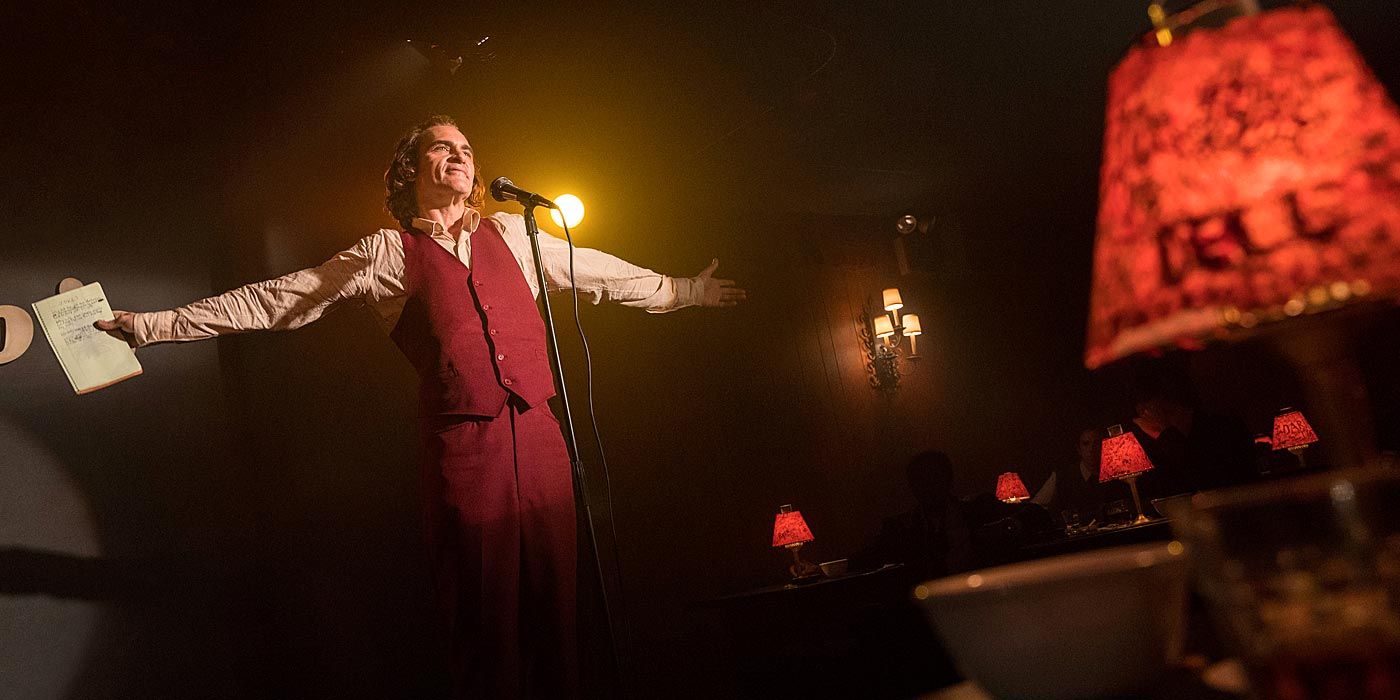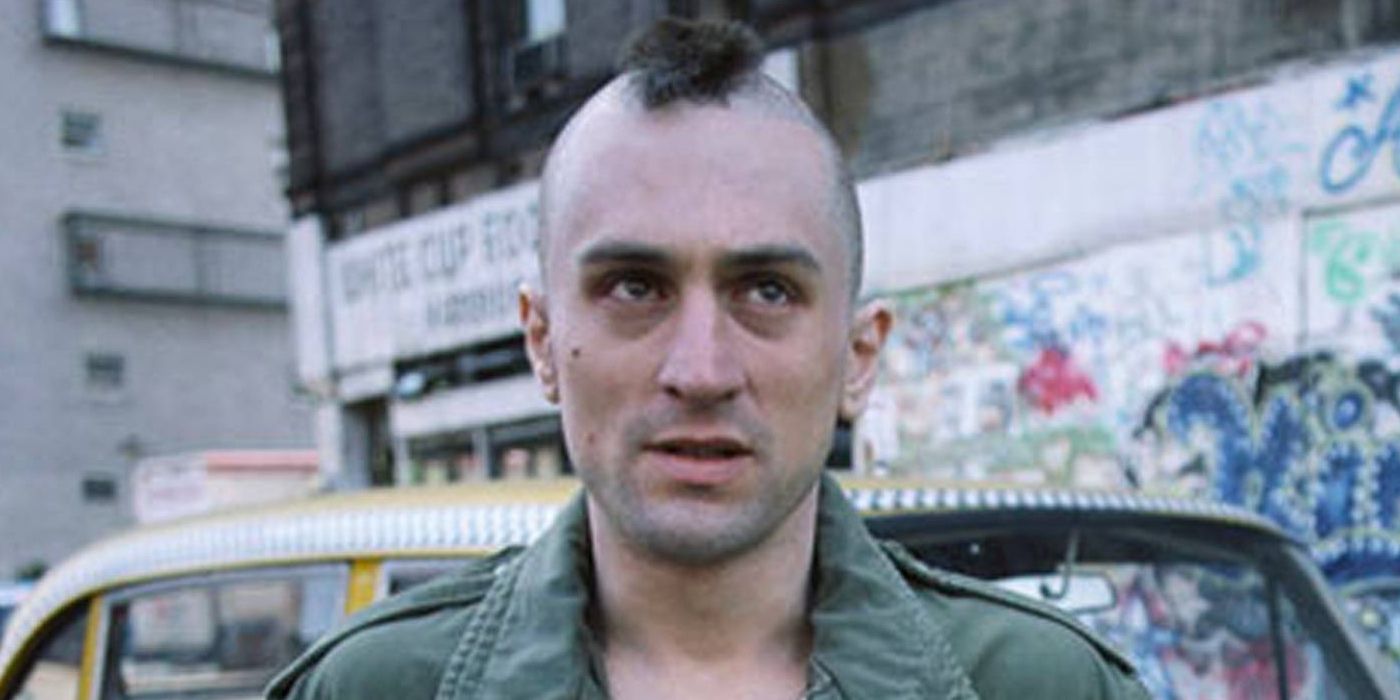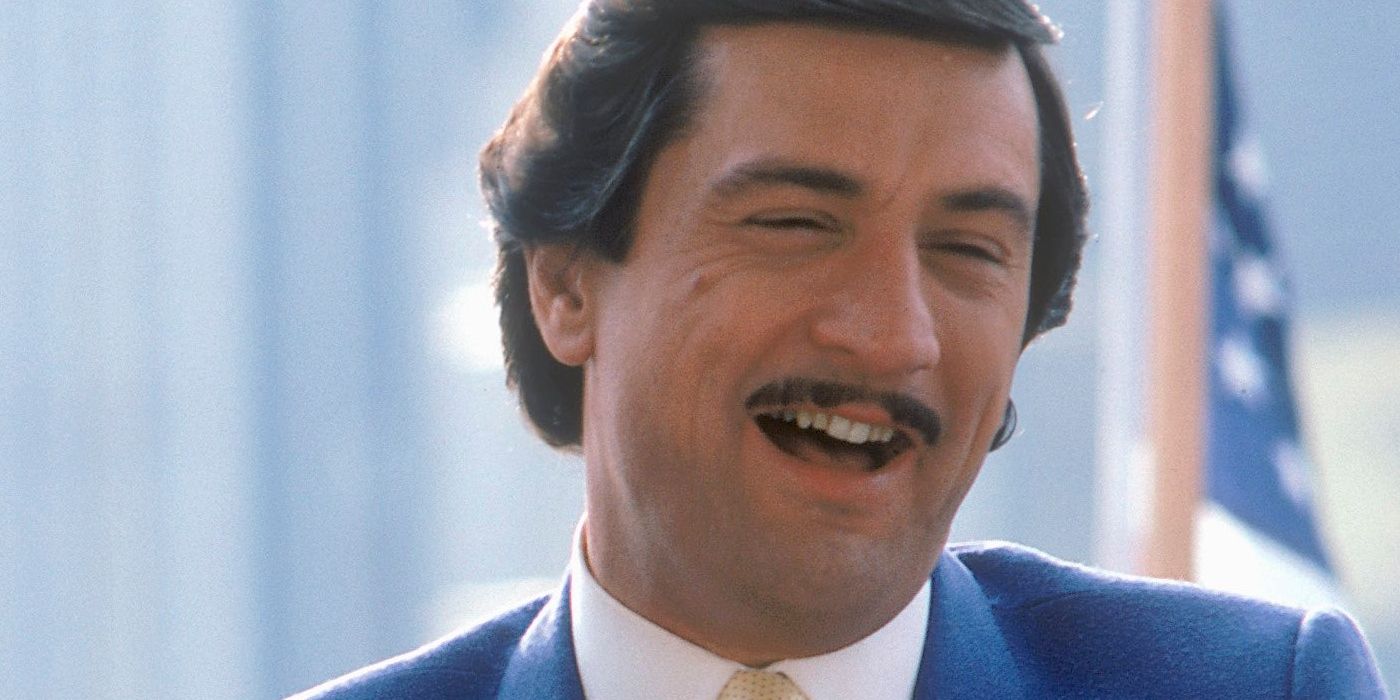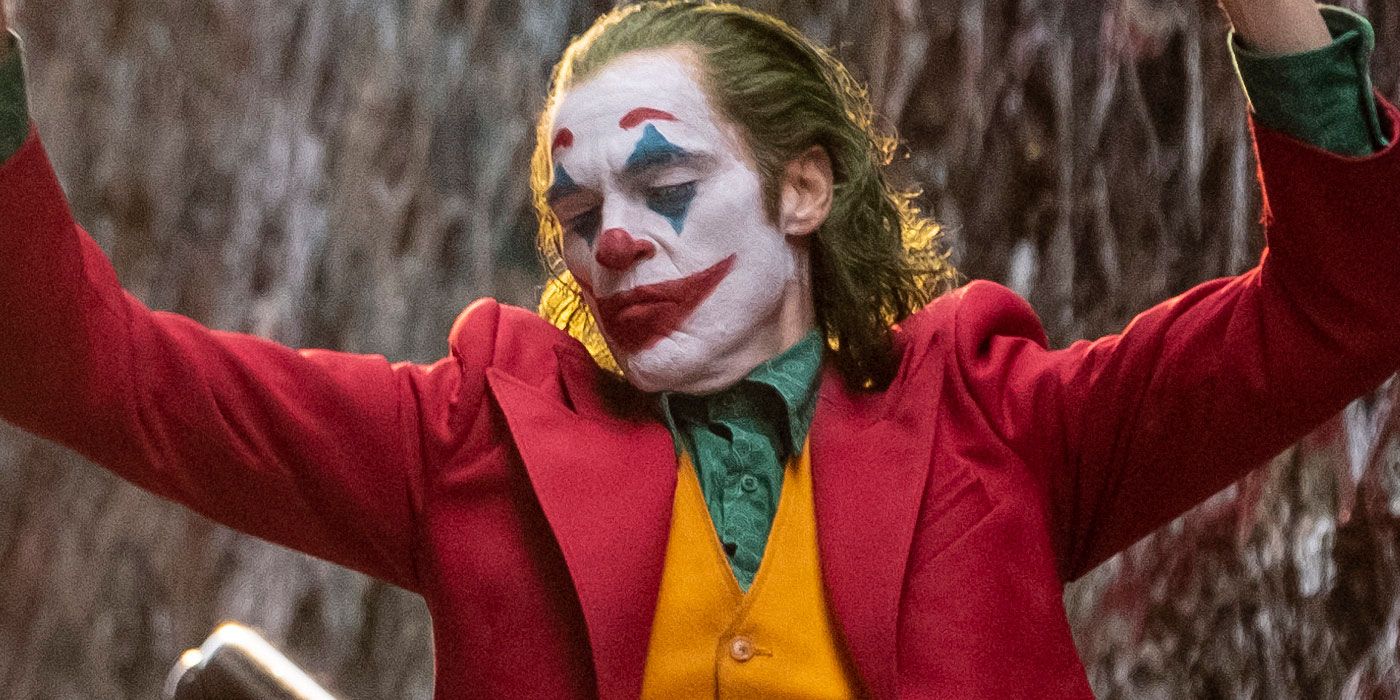WARNING: The following article contains spoilers for director Todd Phillips' Joker, in theaters now.
Joker director Todd Phillips is a noted fan of Martin Scorsese, which is obvious from the way Joker is designed. The film riffs heavily on the themes and images from the classic Scorsese movies, painstakingly recreating a grimy version of New York City.
But how does Joker compare to the films that clearly inspired it?
RELATED: Where Joker's Ending Leaves Joaquin Phoenix's Arthur Fleck - and Gotham
ARTHUR VS TRAVIS
Taxi Driver focuses on troubled Vietnam veteran and current New York City taxi driver, Travis Bickle. He's a man uncomfortable with the world around him, particularly the dirtier elements of the city he calls home. His attempts to connect with people largely fail. Arthur Fleck has, by design, a good deal of the same storytelling DNA that Travis has. Both are troubled men who don't know how to deal with their fellow citizens. Their violent impulses end up being unleashed on these citizens, leading to a swathe of violence that overtakes the limits that society had tried to put on them.
However, there's a major difference between the two characters. Travis is designed to be somewhat likable. There's a morality to his actions, giving the audience something to latch onto even when he's committing terrible crimes. He's an awkward figure, but with good intentions. He even tries to refocus all of his fury towards trying to save the young prostitute Iris from her lot in life. With Fleck, there's no reason for him to lash out, no one that he's trying to protect. He just wants to attack a world that he's always felt has attacked him.
Arthur is an inherently more difficult person to root for, which makes the film's eventual decision to have him essentially "triumph" by murdering Murray Franklin and getting sent to an asylum harder to swallow.
THE KINGS OF COMEDY
At times, Joker seems to be closer to Martin Scorsese's 1983 film The King of Comedy than it does Taxi Driver. The former film centered around Rupert Pupkin, a struggling comedian who wants to try and become famous. In his desperation, he kidnaps a late-night comedy host named Jerry Langford to force the show to put Rupert on live-television.
Rupert has many of the same ambitions and internal confusion as Arthur. His imagined spots are similar in design to how Arthur Fleck imagines a perfect world where he's friends with Murray. Rupert is even played by Robert De Niro, who also appears in Joker as Murray, reversing his role King of Comedy by becoming the put-upon comedy host obsessed over by a delusional man.
Fleck's imagined romance with Sophie Dumond plays out a lot like the attempted romance between Rupert and the object of his affections, Rita. However, although the threat of violence against Langford is present it never actually occurs. Fleck is a much more violent figure than Rupert, actively killing people frequently throughout the film in both defense and anger. There's a violent and demented edge to Joker that the more comedic and bizarre King of Comedy doesn't match.
RELATED: Joker Backlash Ignores Other Comic Movie Villains (Especially Thanos)
HOW DOES JOKER MEASURE UP?
Joker is a decidedly grimmer film than either of the movies it's inspired by. While neither Taxi Driver or King of Comedy are exactly happy films, there are ideals of morality hidden throughout both films. Travis is violent and vengeful but pointed in a direction that's at least quasi-heroic. King of Comedy features a deranged protagonist, but he's generally harmless and just seen as a weirdo by other people who encounter him. His delusions don't lead to a single death or even injury, as Langford actually ends up escaping unharmed. Fleck is a frequently fearsome figure, terrifying people even before he starts killing.
The inspiration for Joker was to make a film that was indebted to the tone of those films while crafting a narrative that works closely with the random fury of the modern-day. But it also misses out on the more complex aspects of the main characters from those films. By making Fleck a more furious figure who's outright murderous not just to people who have threatened him but anyone he decides "has it coming," Joker creates a far darker figure.
While he does end the film in custody, he's clearly pleased with the impact he's had on the world. This matches similar moments with Travis and Rupert, who each get bittersweet victories. But with Joker, it's more troubling when you consider the crimes he committed. That's the biggest difference between the films, with the purposeful lack of morals in Joker giving it a much harsher tone.
Directed by Todd Phillips, Joker stars Joaquin Phoenix, Robert De Niro, Zazie Beetz, Bill Camp, Frances Conroy, Brett Cullen, Glenn Fleshler, Douglas Hodge, Marc Maron, Josh Pais and Shea Whigham.




